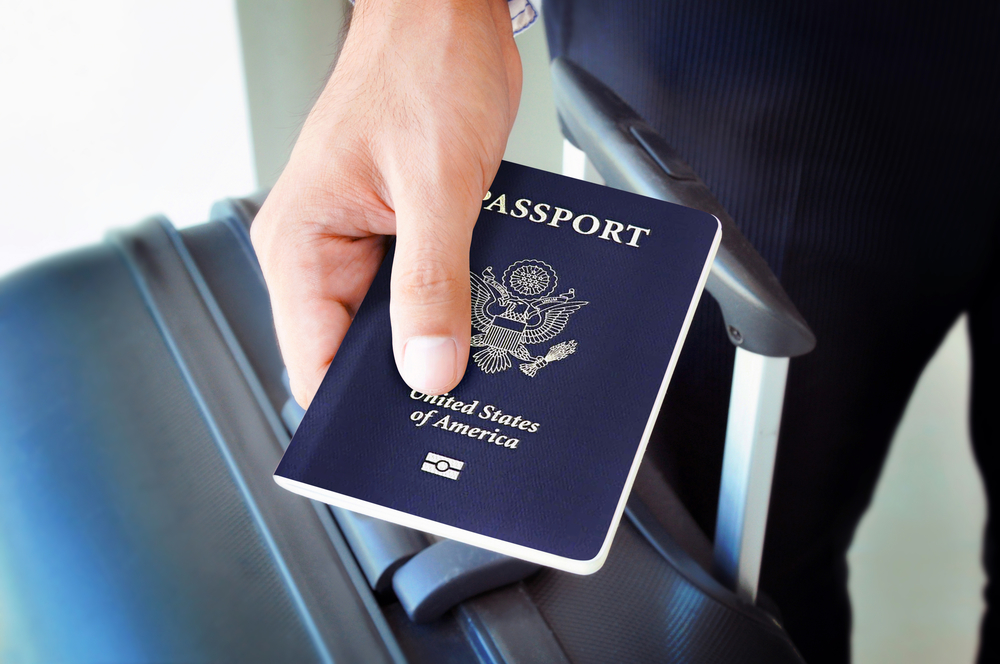8 Essential Passport Safety Tips
 Passports open the door to a world of opportunities. Without one, however, the door to those opportunities could be closed in your face. If you lose this all-important document, you maymiss out on a travel event, or have great difficulty returning home. How can you keep your passport safe?
Passports open the door to a world of opportunities. Without one, however, the door to those opportunities could be closed in your face. If you lose this all-important document, you maymiss out on a travel event, or have great difficulty returning home. How can you keep your passport safe?
8 Essential Passport Safety Tips
Treat your passport as if it is irreplaceable, keeping it safe with the following tips:
- Put your passport under lock and key.
Top business travel agencies know today’s travelers must be mindful of safety in all arenas, keeping a watchful eye out for travel scams, and properly securing valuables. When you are not out-and-about, be sure to keep your passport under lock and key. Keep in mind, however, hotel safes are not foolproof. A small portable lockbox hidden and attached to an immovable piece of hotel furniture may offer enhanced security. - Keep it on you.
When you need your passport, wear it on your body. However, don’t put it in your wallet, which could be pickpocketed. Use a wraparound money belt, wearing it beneath your clothing instead. Consider one that blocks RFID scanners to protect the information embedded on your passport’s security chip. - Practice the ‘one person, one passport’ rule.
This can result in losing multiple passports at once. The only exception: Kids. Spread their passports equally amongst adults. - Bring a copy.
Carrying a copy protects you not only from theft, but from yourself. Accidents happen, and it is not uncommon for valuables (including your passport) to get lost or misplaced on trips. Copies make it easier in the event you need passport replacement. Copy both the photo and signature pages. Keep the copy/copies separate from the original. Don’t put all your eggs in one basket – divvying copies up keeps you from losing everything in the event of theft. - Leave copies of your passport behind.
Leave a copy behind at home and place a copy in your luggage. Always store these separate from the original. Proof of your passport image, signature, and number makes it far easier to obtain a replacement. - Do not let anyone hold your passport.
In some countries, hotels will ask to keep your passport as part of the area or business’ travel management Be wary of this practice, requesting they hold a copy instead. - Check on your passport regularly.
Check regularly to ensure your passport is safe – but do this in private. You never know who’s watching for opportunities to steal your passport. - Know your options in the event of passport loss.
The best business travel companies will recommend travel insurance with coverage for lost/stolen passport incidences. Some even cover emergency passport replacement costs and help you find area passport offices in the event your passport is stolen while away.
On your way to bigger and better places? Get there safely with the help of GTI Travel today.
https://traveltips.usatoday.com/keep-passports-safe-traveling-105777.html
https://www.corporatetravelsafety.com/safety-tips/important-passport-security-tips/
https://news.airtreks.com/2011/10/5-indispensable-passport-safety-tips-for-travelers/

